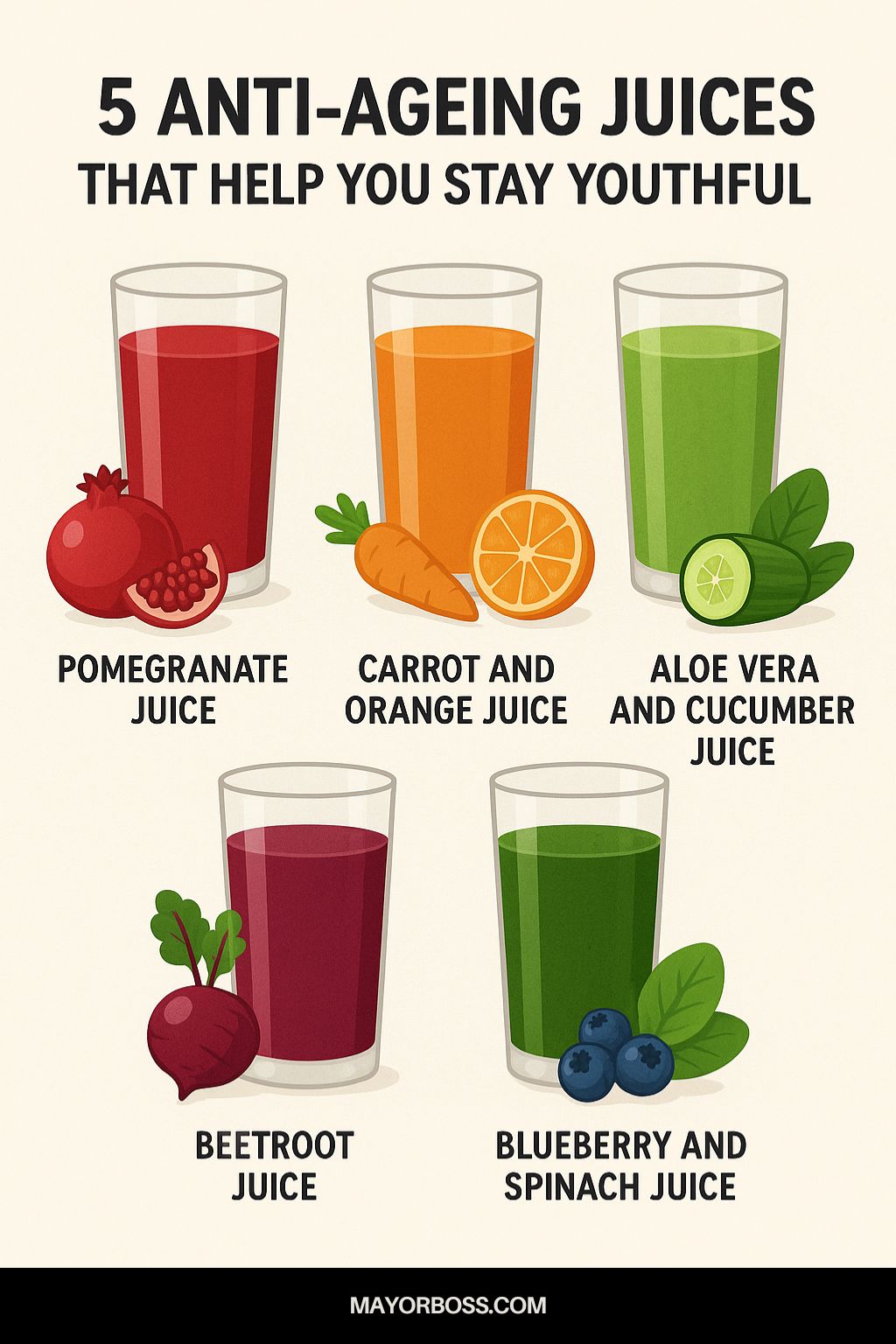Is Apple Cider Vinegar Really Good for You?
You might have heard about the touted health benefits of apple cider vinegar (ACV) and wondered if it’s truly a health elixir or just another overhyped trend. ACV, made from fermented apple juice, has been praised for various health benefits, from aiding weight loss to improving heart health. So, let’s dive into what science says about its potential perks.
About Apple Cider Vinegar

First, it’s essential to understand what ACV is. Fermentation of apples produces apple cider vinegar, giving it its sour taste and pungent smell. This process also creates acetic acid, the active ingredient in vinegar, believed to be responsible for many of its health benefits.
Potential Health Benefits of Apple Cider Vinegar
Aids in Weight Loss
Studies suggest that ACV can help with weight loss. ACV increases feelings of fullness, leading to eating fewer calories and potentially losing weight. However, it’s not a magic solution. The effect is modest, and incorporating it into a healthy diet and lifestyle is crucial.
Helps Control Blood Sugar Levels
For those managing diabetes, ACV might be beneficial. Some research shows it can improve insulin sensitivity and lower blood sugar responses after meals. However, if you’re on diabetes medication, consult with your healthcare provider before adding ACV to your routine.
Improves Heart Health
Some animal studies indicate that ACV can reduce cholesterol and triglyceride levels, along with other heart disease risk factors. However, more research, particularly in humans, is needed to confirm these effects.
Skin Health
ACV’s antibacterial properties may help with skin health, particularly in treating acne. However, remember to dilute it before applying it to your skin, as its high acidity can cause irritation.
Digestive Aid
ACV is sometimes used as a digestive aid, as it can help increase stomach acid production, aiding digestion. However, there’s limited scientific evidence to fully support this use.
Precautions and Side Effects
While ACV can be a healthy addition to your diet, it’s not without potential risks:
- Tooth Enamel Erosion: The acidity of ACV can damage tooth enamel, so it’s best to dilute it with water and drink it through a straw.
- Throat Burns: Undiluted ACV can cause throat irritation or burns.
- Drug Interactions: ACV can interact with certain medications like diuretics and insulin, so consult a healthcare professional before using it as a supplement.
Conclusion
While apple cider vinegar offers some health benefits, it’s not a cure-all. You should use it as a complement to a balanced diet and healthy lifestyle. As with any supplement, moderation is key, and it’s always best to consult with a healthcare provider, especially if you have existing health conditions or take medications.






